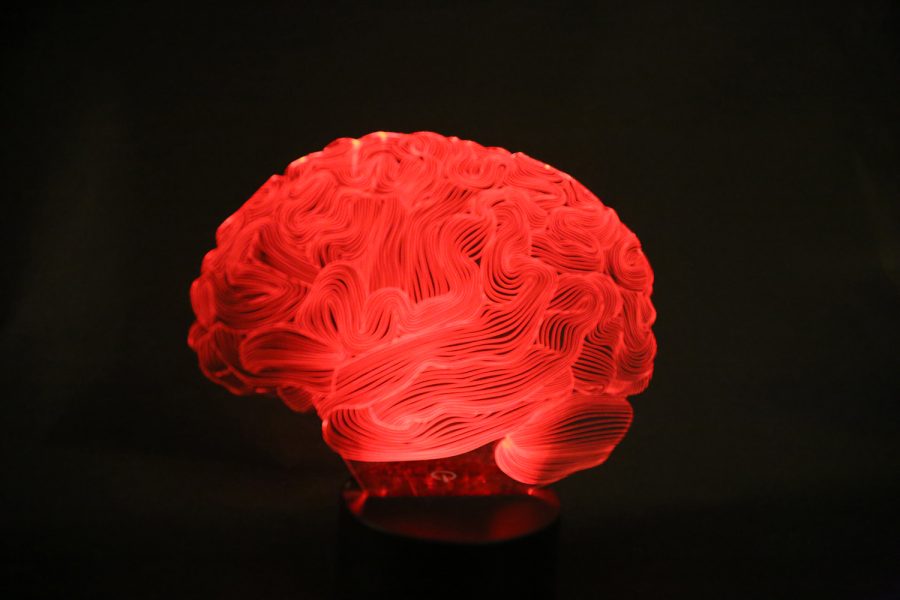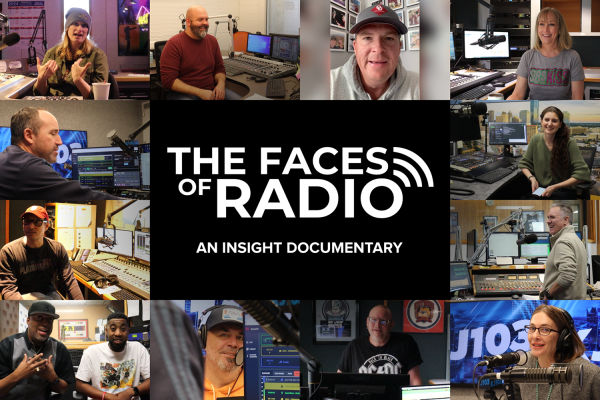Psychology of sleep
The human brain is a very developmental organ that can play into perception, energy and mood. “sleep and the lack of sleep can affect all kinds of things. Everything, your behavior, your perception of things, how you live your life.” Ralph Nigro said.
Have you ever been so tired you cannot even function properly? Sleep is very important for the brain. Lack of sleep on the brain can affect your daily life negatively, in ways that can hurt you or others mentally and physically.
Psychology teacher Ralph Nigro, who spent 4 years studying psychology, first found his interest in his sophomore year of college leading him to the career of a Psychology teacher. He provides context to school safety regarding sleep.
“You guys see all the things that happen out in the parking lot in school, and there’s always people backing into somebody out there now slamming a door into a car, whatever a lot of that I think is to do with lack of sleep, that they’re not paying attention,” Nigro said.
A lack of sleep in teens can also cause some serious attention issues.
“In school, I noticed kind of a decrease in focus and productivity and some grades slipping,” Aiden Denson said.
Sleep apnea, insomnia, night terrors, and sleepwalking are some of many side effects of not getting enough sleep. As some people grow out of these bad habits from their teenage years, others continue into adulthood. Teens’ and adults’ mental health can also be affected.
“You can get to the point where you’re sleep-deprived, and that can definitely affect your mental health. There are things such as hallucinations, and delusions that you could be experiencing. We know that some seizures that people experience happen because of lack of sleep,” Nigro said.
One of Mr.Nigro’s students, senior Emmaleigh Jesko, learned that having a nighttime routine can greatly help.
“In general having a nighttime routine helps calm everything down making it easier to sleep,” Jesko said.
There are some things to keep in mind when considering a night-time routine.
“Sleep patterns and other things that people have problems with, if they get in their bed before they’re ready to go to sleep, that’s not good. You should get in your bed when you’re ready to go to sleep instead of just messing around with your phone or the computer or watching TV. Your bed is for sleep,” said Nigro.
Nigro’s advice about phones and TVs stems from studys that show when the blue light hits a person’s eyes it can cause excitatory receptors to be stimulated in the brain.
“Yeah, I mean, it takes work, you have to really commit to it and you have to do it and be consistent. You know, if you’re going to sleep too late. You’re only getting five or six hours and you’re going to have to go to sleep at an earlier time. You’re going to have to work at it. You can’t just all of a sudden sit, you know, say okay, I’m going to stop going to bed, and sleep at two in the morning.” said Nigro.
According to Sleep in Adolescents – Nationwide Children’s Hospital, most teenagers on average get seven and a half hours of sleep. The healthy amount of sleep for the growing brain is nine to 9 to 9.5 hours. Getting any less can cause unsafe altered perception.
The brain has given us so many abilities, so students may want to take care of their mental health in a way that works well for them. Take a breath, cool down, and fall asleep.








![Wearing the Catrina face makeup since she was little, junior Itzel Lopez Romero uses the style as a way to keep her familys tradition alive. I feel like I copy a lot of the old style but in a newer version, Lopez Romero said, I think of my grandma, looking back at pictures like how she used to do her makeup, really inspired me on how to bring back that tradition we used to have [in Mexico], here in the United States.](https://yhsinsight.com/wp-content/uploads/2024/03/aaaaa1-600x450.jpg)



Talia Brockway • Dec 12, 2022 at 10:16 am
The part about the blue light is half true. Blue light causes the suppression of melatonin in the brain, making going to sleep harder, but this is true with all light, including lamps and light bulbs, so any light close to bed time is going to make it more difficult to sleep.
Here is my sources – uab.edu/news/youcanuse/item/7258-debunking-digital-eyestrain-and-blue-light-myths
sleepfoundation.org/bedroom-environment
If I am wrong, please state sources.